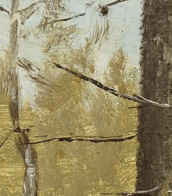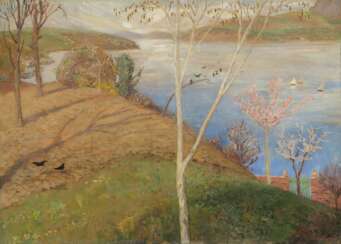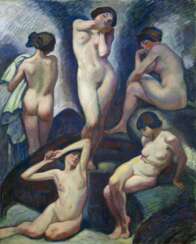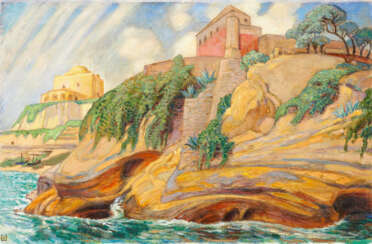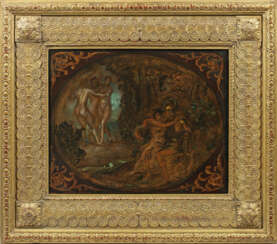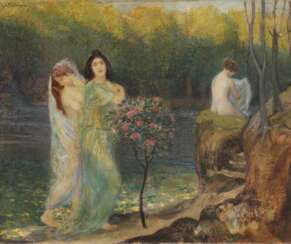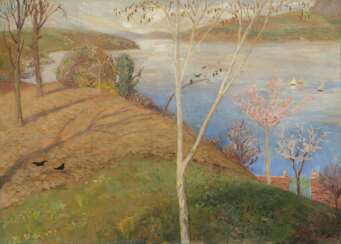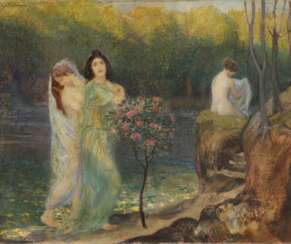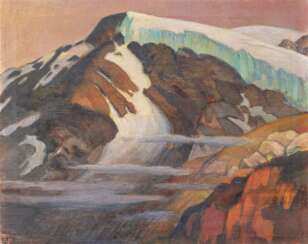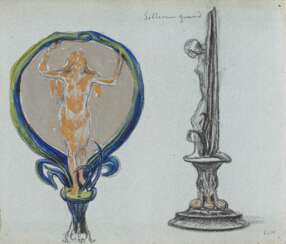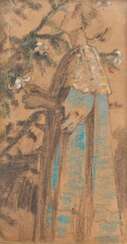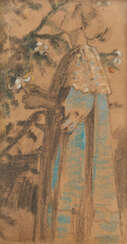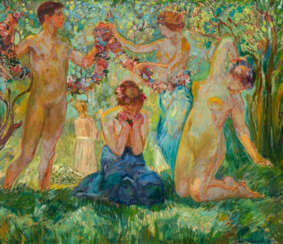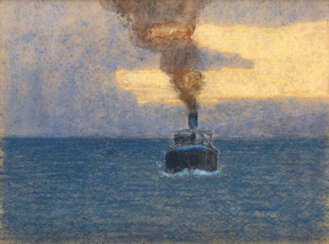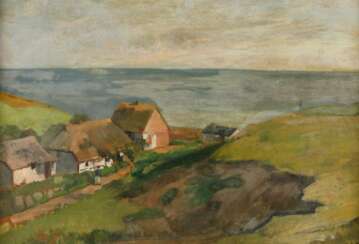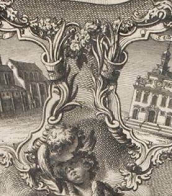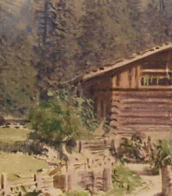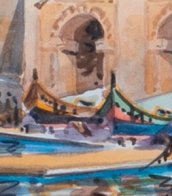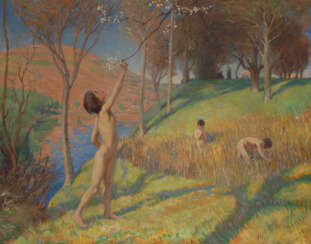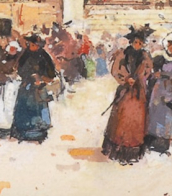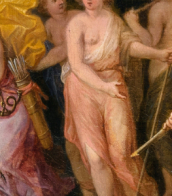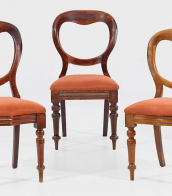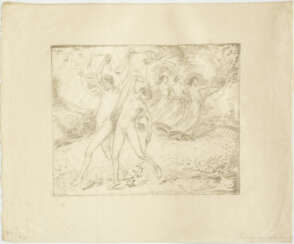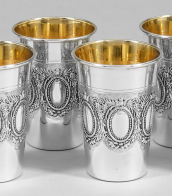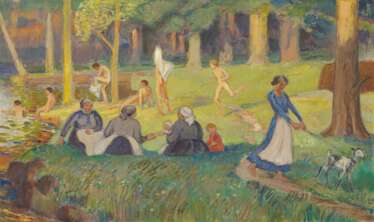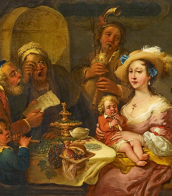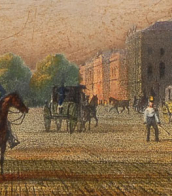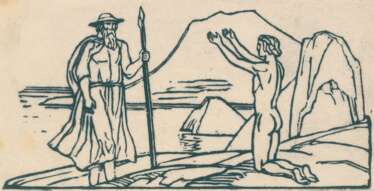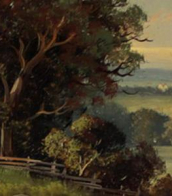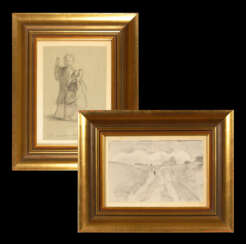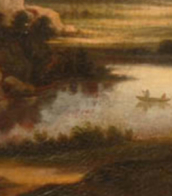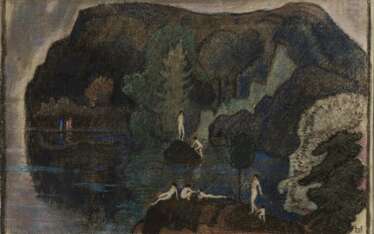ludwig von hofmann
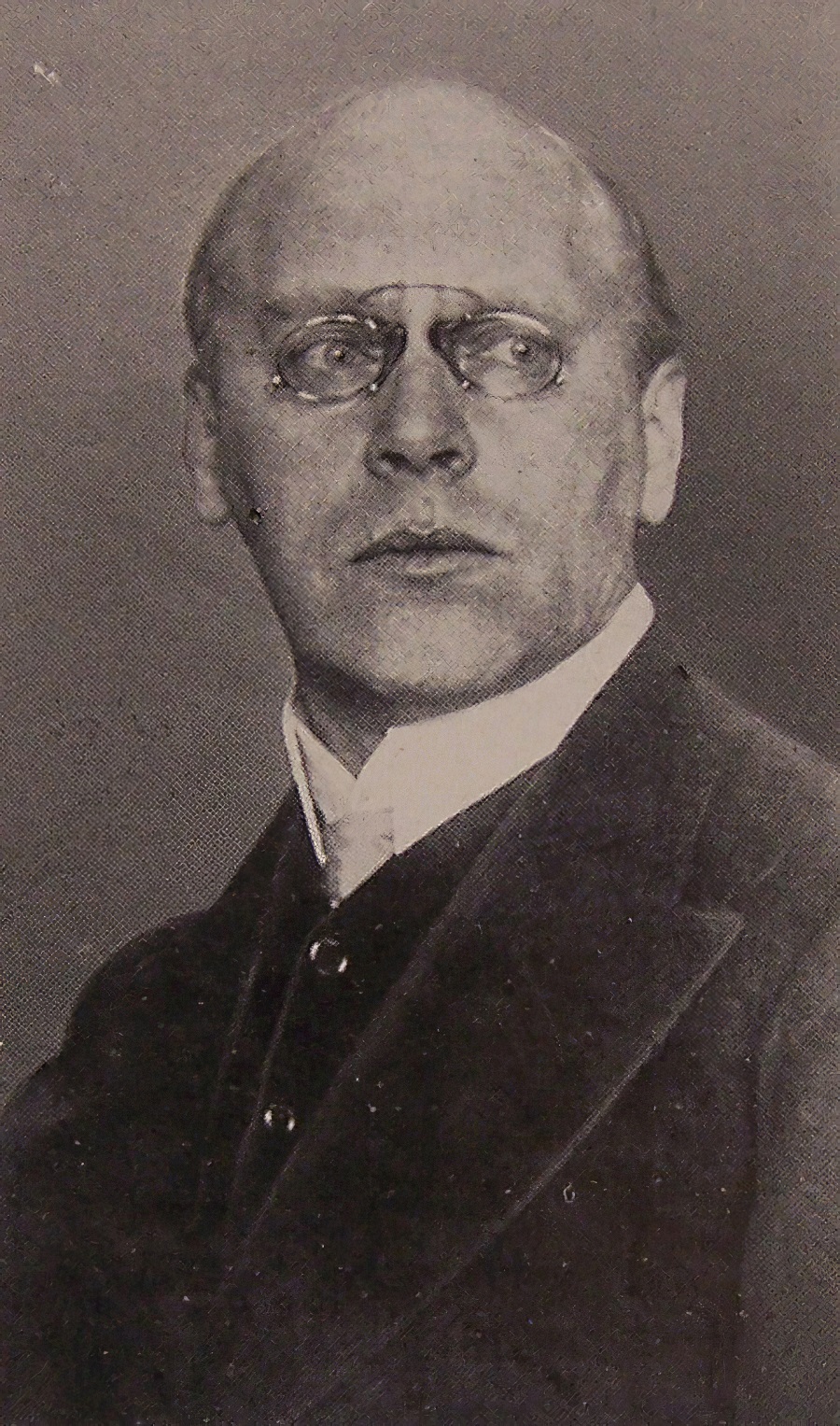
Ludwig von Hofmann is a German painter, graphic artist and designer. The influence of Historicism, Art Nouveau, Symbolism and New Realism can be felt in the works of Ludwig von Hofmann at different periods of his art.
Ludwig von Hoffmann studied painting at the academies of fine arts in Dresden, Karlsruhe and Munich. Since 1898 he was a member of the cultural movement Berlin Secession.
After the National Socialists came to power in Germany, some of his works were classified as degenerate art, but most of them continued to be exhibited in museums in Germany.
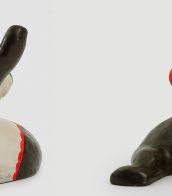

Ludwig von Hofmann is a German painter, graphic artist and designer. The influence of Historicism, Art Nouveau, Symbolism and New Realism can be felt in the works of Ludwig von Hofmann at different periods of his art.
Ludwig von Hoffmann studied painting at the academies of fine arts in Dresden, Karlsruhe and Munich. Since 1898 he was a member of the cultural movement Berlin Secession.
After the National Socialists came to power in Germany, some of his works were classified as degenerate art, but most of them continued to be exhibited in museums in Germany.
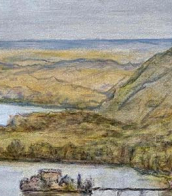

Ludwig von Hofmann is a German painter, graphic artist and designer. The influence of Historicism, Art Nouveau, Symbolism and New Realism can be felt in the works of Ludwig von Hofmann at different periods of his art.
Ludwig von Hoffmann studied painting at the academies of fine arts in Dresden, Karlsruhe and Munich. Since 1898 he was a member of the cultural movement Berlin Secession.
After the National Socialists came to power in Germany, some of his works were classified as degenerate art, but most of them continued to be exhibited in museums in Germany.


Ludwig von Hofmann is a German painter, graphic artist and designer. The influence of Historicism, Art Nouveau, Symbolism and New Realism can be felt in the works of Ludwig von Hofmann at different periods of his art.
Ludwig von Hoffmann studied painting at the academies of fine arts in Dresden, Karlsruhe and Munich. Since 1898 he was a member of the cultural movement Berlin Secession.
After the National Socialists came to power in Germany, some of his works were classified as degenerate art, but most of them continued to be exhibited in museums in Germany.


Ludwig von Hofmann is a German painter, graphic artist and designer. The influence of Historicism, Art Nouveau, Symbolism and New Realism can be felt in the works of Ludwig von Hofmann at different periods of his art.
Ludwig von Hoffmann studied painting at the academies of fine arts in Dresden, Karlsruhe and Munich. Since 1898 he was a member of the cultural movement Berlin Secession.
After the National Socialists came to power in Germany, some of his works were classified as degenerate art, but most of them continued to be exhibited in museums in Germany.
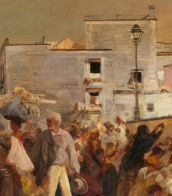

Ludwig von Hofmann is a German painter, graphic artist and designer. The influence of Historicism, Art Nouveau, Symbolism and New Realism can be felt in the works of Ludwig von Hofmann at different periods of his art.
Ludwig von Hoffmann studied painting at the academies of fine arts in Dresden, Karlsruhe and Munich. Since 1898 he was a member of the cultural movement Berlin Secession.
After the National Socialists came to power in Germany, some of his works were classified as degenerate art, but most of them continued to be exhibited in museums in Germany.
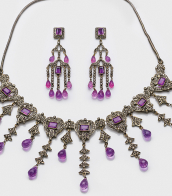

Ludwig von Hofmann is a German painter, graphic artist and designer. The influence of Historicism, Art Nouveau, Symbolism and New Realism can be felt in the works of Ludwig von Hofmann at different periods of his art.
Ludwig von Hoffmann studied painting at the academies of fine arts in Dresden, Karlsruhe and Munich. Since 1898 he was a member of the cultural movement Berlin Secession.
After the National Socialists came to power in Germany, some of his works were classified as degenerate art, but most of them continued to be exhibited in museums in Germany.
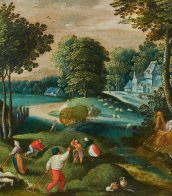

Ludwig von Hofmann is a German painter, graphic artist and designer. The influence of Historicism, Art Nouveau, Symbolism and New Realism can be felt in the works of Ludwig von Hofmann at different periods of his art.
Ludwig von Hoffmann studied painting at the academies of fine arts in Dresden, Karlsruhe and Munich. Since 1898 he was a member of the cultural movement Berlin Secession.
After the National Socialists came to power in Germany, some of his works were classified as degenerate art, but most of them continued to be exhibited in museums in Germany.


Ludwig von Hofmann is a German painter, graphic artist and designer. The influence of Historicism, Art Nouveau, Symbolism and New Realism can be felt in the works of Ludwig von Hofmann at different periods of his art.
Ludwig von Hoffmann studied painting at the academies of fine arts in Dresden, Karlsruhe and Munich. Since 1898 he was a member of the cultural movement Berlin Secession.
After the National Socialists came to power in Germany, some of his works were classified as degenerate art, but most of them continued to be exhibited in museums in Germany.


Ludwig von Hofmann is a German painter, graphic artist and designer. The influence of Historicism, Art Nouveau, Symbolism and New Realism can be felt in the works of Ludwig von Hofmann at different periods of his art.
Ludwig von Hoffmann studied painting at the academies of fine arts in Dresden, Karlsruhe and Munich. Since 1898 he was a member of the cultural movement Berlin Secession.
After the National Socialists came to power in Germany, some of his works were classified as degenerate art, but most of them continued to be exhibited in museums in Germany.
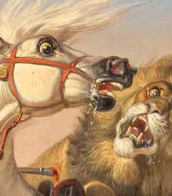

Ludwig von Hofmann is a German painter, graphic artist and designer. The influence of Historicism, Art Nouveau, Symbolism and New Realism can be felt in the works of Ludwig von Hofmann at different periods of his art.
Ludwig von Hoffmann studied painting at the academies of fine arts in Dresden, Karlsruhe and Munich. Since 1898 he was a member of the cultural movement Berlin Secession.
After the National Socialists came to power in Germany, some of his works were classified as degenerate art, but most of them continued to be exhibited in museums in Germany.


Ludwig von Hofmann is a German painter, graphic artist and designer. The influence of Historicism, Art Nouveau, Symbolism and New Realism can be felt in the works of Ludwig von Hofmann at different periods of his art.
Ludwig von Hoffmann studied painting at the academies of fine arts in Dresden, Karlsruhe and Munich. Since 1898 he was a member of the cultural movement Berlin Secession.
After the National Socialists came to power in Germany, some of his works were classified as degenerate art, but most of them continued to be exhibited in museums in Germany.


Ludwig von Hofmann is a German painter, graphic artist and designer. The influence of Historicism, Art Nouveau, Symbolism and New Realism can be felt in the works of Ludwig von Hofmann at different periods of his art.
Ludwig von Hoffmann studied painting at the academies of fine arts in Dresden, Karlsruhe and Munich. Since 1898 he was a member of the cultural movement Berlin Secession.
After the National Socialists came to power in Germany, some of his works were classified as degenerate art, but most of them continued to be exhibited in museums in Germany.
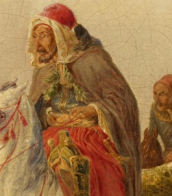

Ludwig von Hofmann is a German painter, graphic artist and designer. The influence of Historicism, Art Nouveau, Symbolism and New Realism can be felt in the works of Ludwig von Hofmann at different periods of his art.
Ludwig von Hoffmann studied painting at the academies of fine arts in Dresden, Karlsruhe and Munich. Since 1898 he was a member of the cultural movement Berlin Secession.
After the National Socialists came to power in Germany, some of his works were classified as degenerate art, but most of them continued to be exhibited in museums in Germany.
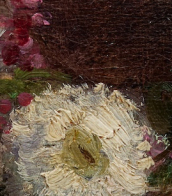

Ludwig von Hofmann is a German painter, graphic artist and designer. The influence of Historicism, Art Nouveau, Symbolism and New Realism can be felt in the works of Ludwig von Hofmann at different periods of his art.
Ludwig von Hoffmann studied painting at the academies of fine arts in Dresden, Karlsruhe and Munich. Since 1898 he was a member of the cultural movement Berlin Secession.
After the National Socialists came to power in Germany, some of his works were classified as degenerate art, but most of them continued to be exhibited in museums in Germany.
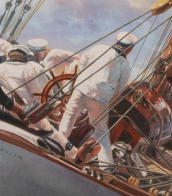

Ludwig von Hofmann is a German painter, graphic artist and designer. The influence of Historicism, Art Nouveau, Symbolism and New Realism can be felt in the works of Ludwig von Hofmann at different periods of his art.
Ludwig von Hoffmann studied painting at the academies of fine arts in Dresden, Karlsruhe and Munich. Since 1898 he was a member of the cultural movement Berlin Secession.
After the National Socialists came to power in Germany, some of his works were classified as degenerate art, but most of them continued to be exhibited in museums in Germany.
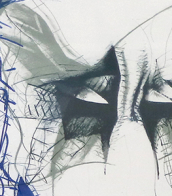

Ludwig von Hofmann is a German painter, graphic artist and designer. The influence of Historicism, Art Nouveau, Symbolism and New Realism can be felt in the works of Ludwig von Hofmann at different periods of his art.
Ludwig von Hoffmann studied painting at the academies of fine arts in Dresden, Karlsruhe and Munich. Since 1898 he was a member of the cultural movement Berlin Secession.
After the National Socialists came to power in Germany, some of his works were classified as degenerate art, but most of them continued to be exhibited in museums in Germany.
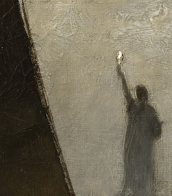

Ludwig von Hofmann is a German painter, graphic artist and designer. The influence of Historicism, Art Nouveau, Symbolism and New Realism can be felt in the works of Ludwig von Hofmann at different periods of his art.
Ludwig von Hoffmann studied painting at the academies of fine arts in Dresden, Karlsruhe and Munich. Since 1898 he was a member of the cultural movement Berlin Secession.
After the National Socialists came to power in Germany, some of his works were classified as degenerate art, but most of them continued to be exhibited in museums in Germany.
